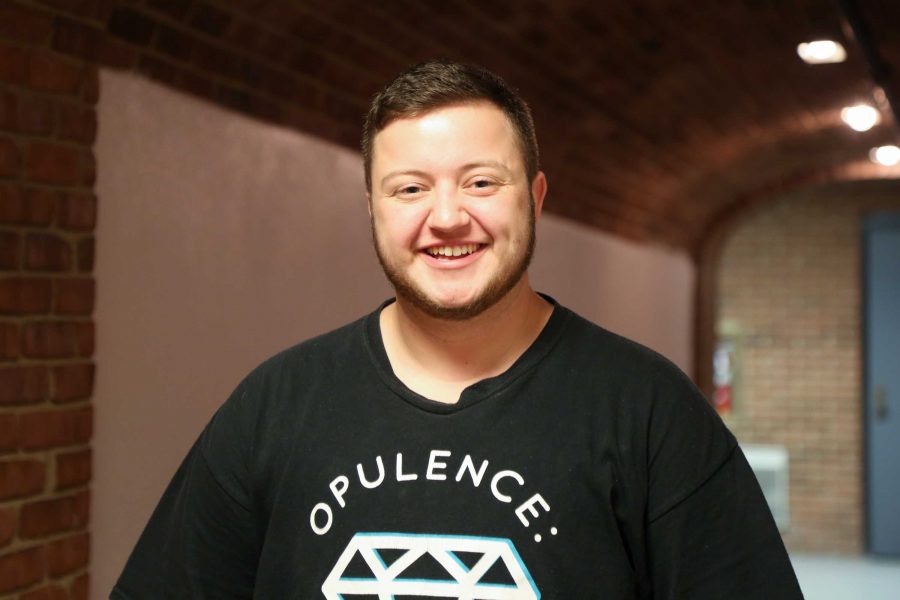I had the privilege of sitting on a panel last week that focused on personal narratives of masculinity. I absolutely appreciated hearing from everyone on the panel; every person had a unique story and interaction with masculinity. As I sat and listened, though, I began to genuinely realize that my experience with masculinity was wholly different from my fellow panelists’.
I am trans. Transgender, that is. Deeply, truly, excitingly, terrifyingly, lovingly transgender. I have breasts. I have a vagina. I have, filed away in an envelope in a folder buried in a drawer, a birth certificate that displays both a prominent “Amanda Mary,” but perhaps even a more prominent “F.”
These factors meant that I did not have a boyhood, and, more importantly, no one ever expected me to become a man. This is not to say I didn’t have a good childhood– because I very much did– but it means masculinity is very, very different for me than it is for cisgender men. Whereas cisgender men were more than likely pressured to fulfill certain roles to prove their manhood, I was carving out my own space in butch femininity. I loved camping and Girl Scouts. In fifth grade, I professed my favorite color to be camoflauge. Though I didn’t have words for it, I yearned to be like the boys in many ways.
See, I was never expected to fulfill masculinity. Instead, I was pressured away from it.
I love conversations about gender expectation and stereotypes, but our framing of masculinity as wholly toxic and unappealing is short-sighted. Hegemonic masculinity, derived from patriarchal heteronormativity is, yes, toxic, but at its very root, masculinity is a set of characteristics. And to achieve those characteristics– broad shoulders, a low voice, facial hair, clothing styles, hair styles and more– I sacrificed so much. Being masculine, for me, is liberating. Being masculine is everything I wanted to be that I wasn’t allowed to be.
I think we need to reexamine how we binarize gender characteristics, because for trans people like myself, these characteristics might not subscribe to their societal frame. The sooner we stop condemning all masculinity as toxic, the sooner we’re able to accept people as people who have characteristics that fall into a box we could label “masculine.”
For people like me, masculinity is liberation, because masculine is what I am.

